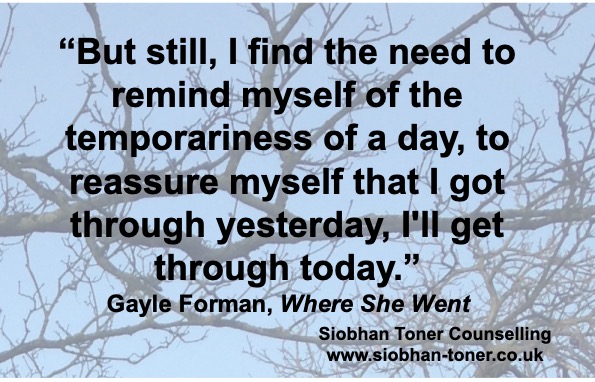
Thursday Thoughts


Counselling in London or online
For one-to-one therapy for scapegoating, sibling abuse, bereavement, anxiety and depression

A song on bullying on YouTube:
https://www.youtube.com/watch?v=VYBInv7_4m8
and a beautiful poem about grief on tiktok
https://vm.tiktok.com/ZNdAaeVEN/
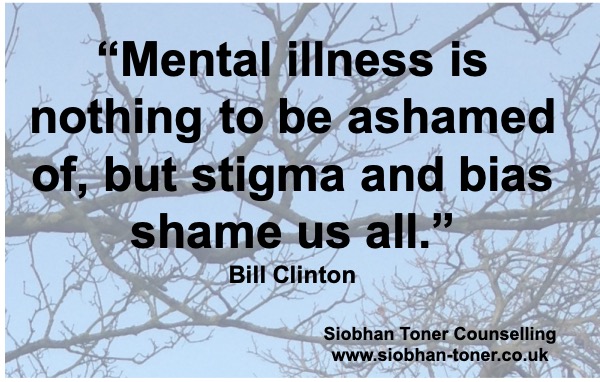
How are you keeping your loved ones alive?
Do you have people to talk to about them?
Talking to a counsellor can be a good place to start.
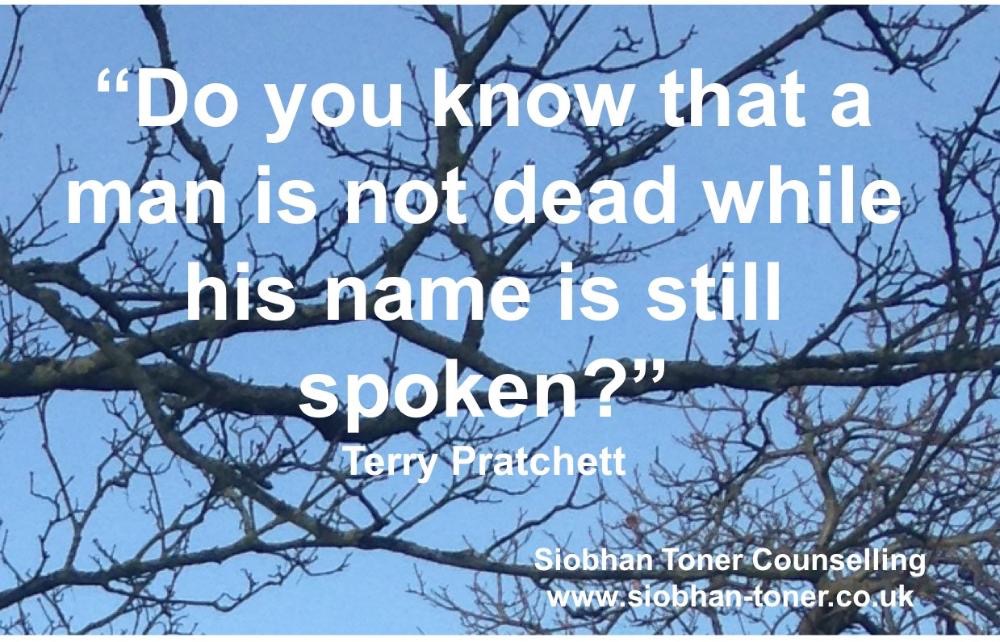
I’ve written about sibling abuse in different forms a number of times.
I believe it is one of the most ignored forms of abuse that happens to children. Whether it is emotional, physical or sexual.
I saw this report of a victim of sibling sexual abuse getting justice after many years and believe it is so important to raising awareness of this issue.
The article also highlights the challenges that go with it. How parents respond when and if they are first told. The family connections that make it harder to avoid your abuser even decades later. The lifelong impact of the abuse.
I can only imagine the courage and persistence it took to seek justice after all this time for the victim and what the process cost them emotionally.
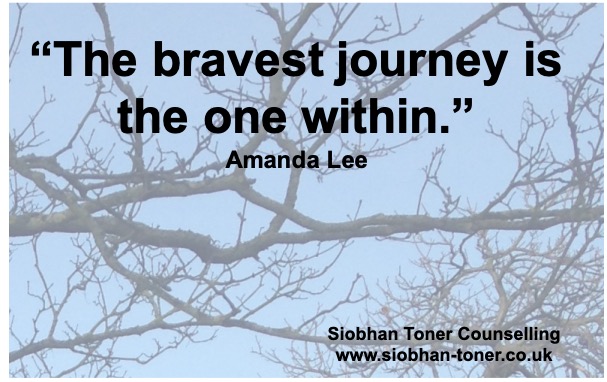

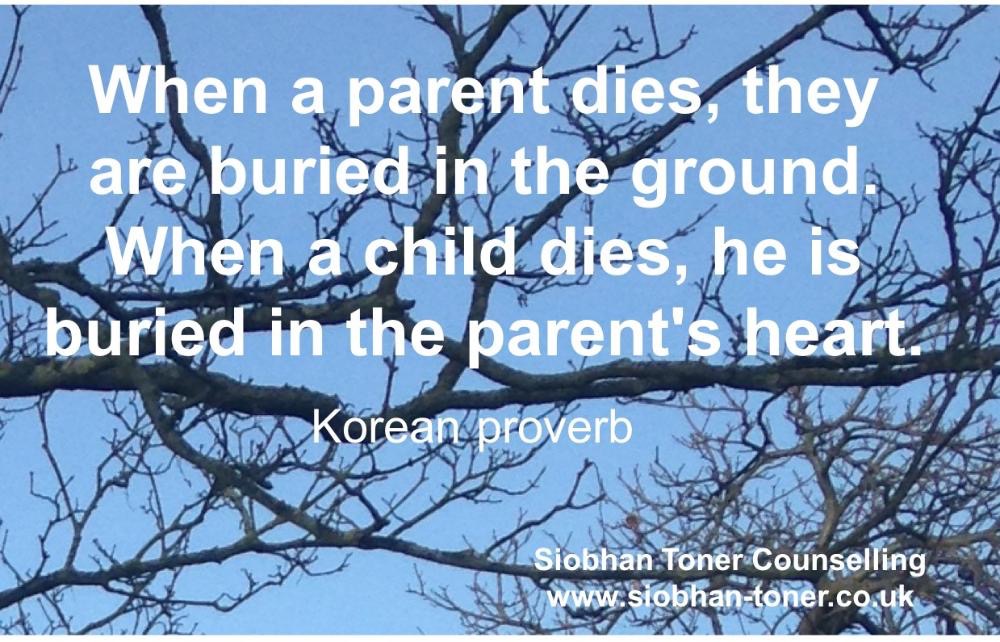
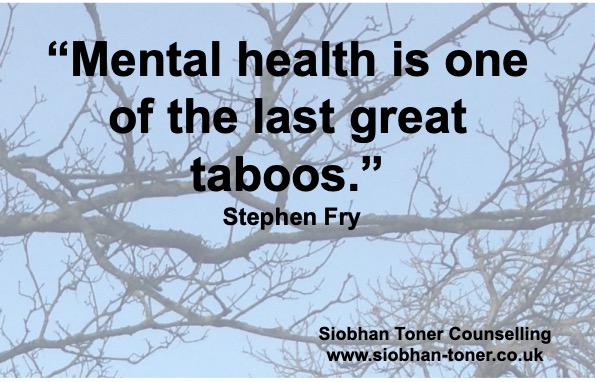
Ex-school governor who imported child sex doll is jailed
This case really brings home to me how pervasive child abuse is and the ingenuity of the perpetrators.
It has no limits in terms of social economic class and position. Yet there is still I feel a belief amongst some people that it wouldn’t happen in their society or peer group.
In some of the reporting on the allegations against Ted Heath (former PM) one of his friends was quoted as saying something like “I knew him for 50 years and didn’t get a hint of anything like this”. But isn’t that the point! Why would you get a hint if you aren’t part of it?
Abusers are skilled and able manipulator who can hide their crimes from all around them. To assume because you didn’t know about it, then it can’t be true is nonsense.
Abusers do not all fit a stereotype, nor do their victims. Sadly, though by the time the victims do report the damage that has been done to them can make them less credible as witnesses and their lifestyle gets used against them.
I was at a conference a couple of weeks ago which was on trauma and adversity in childhood. Not all relating to abuse admittedly but a great deal of traumatic events children and young people experience are from some sort of abuse. There was a snip-it of info that shocked me, if the adverse experiences were addressed when the victims were young it is estimated that the prison population would be halved and the mental healthcare system would also see a huge reduction in diagnosis.
So when the people do finally disclose what they have suffered why is there a section of the media and our communities so quick to judge them as unreliable?
It’s time to help them find some healing, not re-traumatise them by attacking them again.